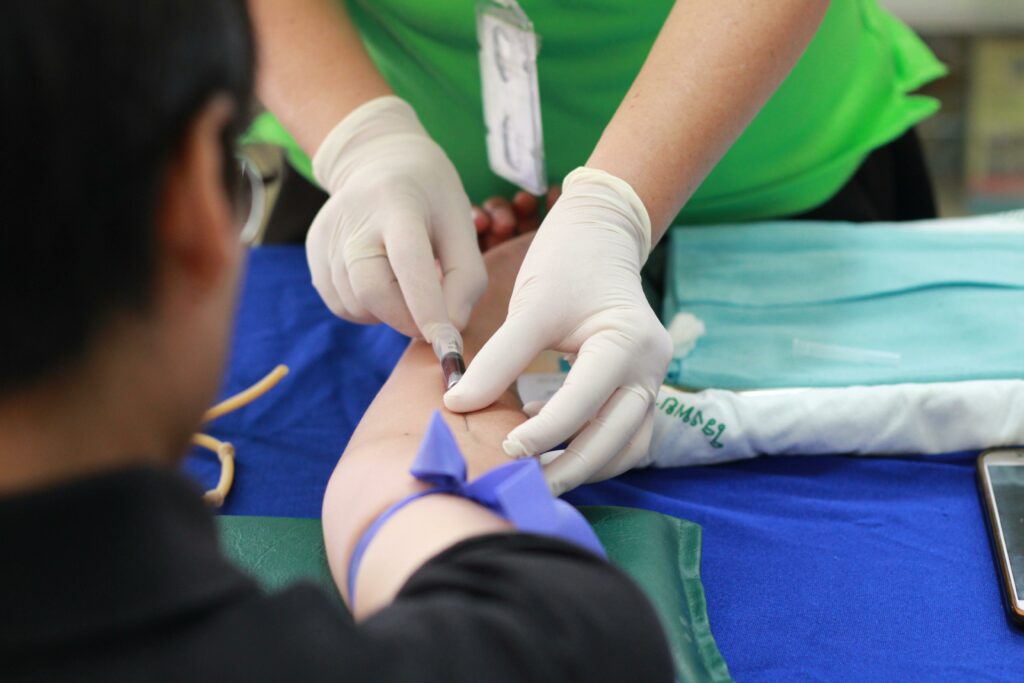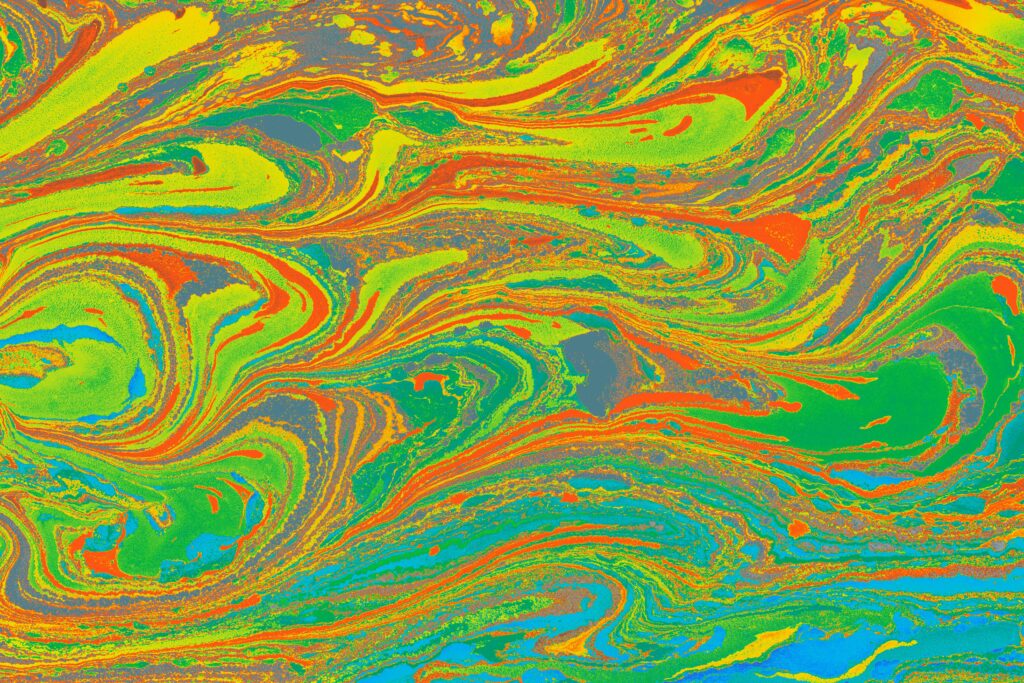
In recent times, we’ve seen ketamine in the news in a disparaging light. We know that sensational articles sell publications, and don’t always report the full picture. Let’s shed some light on the context, and balance these sensational headlines with some facts. When they found beloved actor, Matthew Perry, drowned in his hot tub, shock and grief circled the globe. An adoring public wanted to understand, and make sense of the loss. An autopsy revealed that he died from the “acute effects of ketamine.” Alarm reverberated through the public outcry. “But I thought ketamine was safe…” you’ve thought. Then, Elon Musk revealed that he takes a prescription dose of ketamine for depression and it helps. He faced a backlash of negative criticism, probably because of public alarm and confusion regarding Matthew Perry’s fate.
Ketamine In the News

We’ve often talked about ketamine’s history as a dissociative anesthetic, developed 50 years ago. Anesthesiologists have safely used it in that capacity for five decades. Then around the dawn of the 21st century, researchers discovered it was effective as a rapid acting antidepressant. In fact, they found It especially helpful for those whose other treatments failed.
At Innovative Psychiatry, we began offering ketamine infusions in 2015. Since then, we’ve done ground-breaking clinical work, and presented it at US and UK conferences, and published papers in peer-reviewed journals. Our data demonstrated ketamine’s effectiveness in treatment of depression, suicidal thinking, and the “anorexia voice.” We write up our clinical results and we tell the truth about what we see — and submit it for peer review. (There is an honesty and vulnerability in that that makes us humble—and incredibly sought after at the same time.)
As of today, ketamine treatment is in the news as the most sought after treatment for depression and other psychiatric mood disorders. It not only helps, but brings remission in many cases.
We’ve also been outspoken about the importance of administering ketamine for the treatment of psychiatric disorders under the supervision of someone who is an expert in treating those, like a psychiatrist who is an expert in treatment-resistant psychiatric disorders. That’s why we don’t run a ketamine-only clinic — we are deeply committed to the field and want to see this treatment offered properly, when indicated, and with a comprehensive evaluation to determine and discuss risks and to discuss real alternatives. So that that patient can make a truly informed decision.
(Maybe that’s one of the reasons our patients get so well.)

We work in safe dosages, which are smaller than the safe dosages used for anesthesia. But determining the best individualized dosage has a considerable impact on this medicine’s effectiveness.
Requires Personalized Dosage and Rate
There is no one-size-fits-all dose that helps everyone. What brings remission for one person may not be enough to make a difference for another.

In addition, because of the dissociative aspect of ketamine, there is a pleasant, floating sensation for some patients, and other revelatory experiences for others. This sensation makes this medicine appealing to some who want a recreational experience — hence, the use of ketamine on the street, known as “Special K.”
This kind of unsupervised use has given ketamine a bad name in the news and by word of mouth. High doses, way beyond therapeutic, simply to increase and extend the experience, that can result in severe bladder damage, cardiovascular collapse, and more.
There is an explosion of interest in ketamine …. and it’s getting dangerous to think that it’s so easy… famous people use it… wealthy people swear by it.
And they can wind up dead because of it. Don’t let that be you, or someone you love.
While Matthew Perry had been receiving ketamine treatment for depression, his most recent dose had been a week and a half before his death. The half life of ketamine is so short that a treatment under medical supervision 10 days before means that medicine from that treatment was long gone. It could not have played a role in his death.
His medically supervised ketamine treatment was not the cause of his death.
The acute ketamine effects that the forensic pathologist reported was likely caused by a very large dose he had acquired “on the street” and without medical supervision.

Ketamine should never be used recreationally. It’s dangerous in large, unmonitored doses. But it’s extraordinarily effective in medically prescribed and supervised treatment of treatment-resistant disorders like severe depression, anxiety, PTSD, suicidal thinking, and much more.
Like so many medicines effective for a variety of different disorders, when taken in doses larger than the prescribed therapeutic dose, ketamine can be dangerous, and even fatal. Imagine taking digitalis or insulin in large doses that are multiples of the therapeutic dose! It would likely be fatal.
Without Physician Supervision You Risk Overdose

There is also the added risk that accompanies a medicine like ketamine. Because of the appeal of the dissociative experience, once under the influence, an unsupervised user can be easily tempted to take more… and more… and more to enhance and extend the experience.
Those overdoses can dangerously interfere with blood pressure, cause the heart to race, impair cognition, and lead to unconsciousness. And sometimes, all of that can result in death.
But, just as insulin and digitalis are lifesaving in therapeutic doses under medical supervision, so also is ketamine.
Ketamine treatment can stop suicidal thoughts in an afternoon.

That’s lifesaving.
It can also stop the anorexic voice. And when combined with ketogenic therapy, we’ve shown it can reverse anorexia nervosa, the most life threatening psychiatric disorder of all.
That’s lifesaving, too!
Matthew Perry had been receiving ketamine treatment under medical supervision and was feeling good again. He was healthy and happy. His closest friends and family marveled that this could have happened because even that very morning he was upbeat and joyful. Ketamine treatment does that… and it was working.

But somehow, he accessed a non-prescribed form of ketamine and used way too much. The pathology report referred to coronary artery disease, the effects of a medicine prescribed to treat opioid use disorder, and the acute affects of ketamine (with its severe suppression of respiration at this high dosage) led to accidental drowning.
Ketamine treatment should not to be feared, but respected. And received under experienced medical supervision.
Remarkable Medicine Deserves Respect

So, if you’re suffering from severe, unrelenting depression, you probably need the kind of extraordinary effectiveness ketamine treatment can provide, with a doctor’s help. Don’t try to treat yourself, of course. Don’t be a headline… ketamine has been in the news about that—and people are still talking about it. But avail yourself of this help with a psychiatrist who’s experienced with ketamine treatment and who has helped to move the field forward. And make news in your life!
The standard accepted research has reported effective outcomes in 70% of patients who receive it. At Innovative Psychiatry we’ve seen outstanding outcomes in even more. We don’t just go for response — we go for remission, and we help you sustain it.
So don’t continue to suffer from treatment resistant depression, panic attacks, social anxiety, PTSD, bipolar depression, and suicidal thoughts without relief. Ketamine treatment offers hope for a rewarding and fulfilling life.
Let us help you find your joy and peace again. That’s why we get up in the morning… To help you find your very best self.

To the restoration of your best self,
